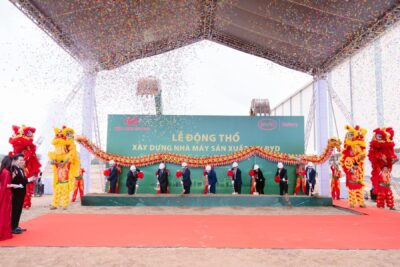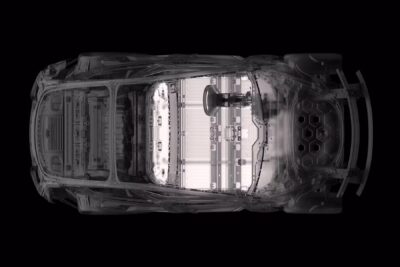University of Bayreuth claims AI agents are set to drastically shorten the early stages of battery research
According to the University of Bayreuth, the new AI tool allows suggestions for new battery materials to be generated much faster than before. Currently, identifying suitable materials is a lengthy and resource-intensive process: “Promising material compositions must first be found and then experimentally tested – a process that often takes weeks or even months,” say the project managers. The new AI approach achieves the same result in a few hours. The international research team recently presented its findings in the journal Advanced Materials under the title: ‘Multi-Agent-Network-Based Idea Generator for Zinc-Ion Battery Electrolyte Discovery: A Case Study on Zinc Tetrafluoroborate Hydrate-Based Deep Eutectic Electrolytes.’
Specifically, the Bayreuth researchers, in collaboration with the Hong Kong University of Science, have developed a so-called multi-agent system based on large language models (LLMs) such as ChatGPT and consisting of two specialised units (‘software agents’) that work together to solve a problem or question. ‘One agent has a broad overview of the available literature on the research question, while the other has access to in-depth, detailed expertise,’ the scientists explain. The result is a groundbreaking approach to accelerating material discovery.
“Our new multi-agent system acts as a creative scientific partner with two specialised agents that analyse relevant literature,” summarises Prof. Dr. Francesco Ciucci from the Chair of Electrode Design for Electrochemical Energy Storage at the Bavarian Centre for Battery Technology (BayBatt) at the University of Bayreuth. “Through a subsequent simulation of a scientific debate, the two agents combine ideas from their extensive training data and the literature to propose novel electrolyte compositions.”
Dr Matthew J. Robson from the Hong Kong University of Science and Technology adds: “The most important thing here is the development of the role of AI in the scientific process. We have designed a blueprint for scientific research that transforms AI from a passive tool for data analysis into an active, creative partner that can generate truly novel and high-quality hypotheses.”
The researchers also tested their approach in practice: the multi-agent system proposed several novel, cost-effective and environmentally friendly electrolyte components for zinc batteries. “One of the electrolytes demonstrated outstanding performance in experimental testing, rivalling the most advanced systems in its electrolyte class,” the researchers report. The new design has proven its outstanding durability through more than 4,000 charge and discharge cycles. It is also said to have set a new fast-charging record in its electrolyte class and to have almost 20 per cent higher capacity at fast-charging speeds compared to similar electrolytes.
“Our new multi-agent system acts as a creative scientific partner, with two specialised agents analysing relevant literature. By simulating a scientific debate, the two agents link ideas from their extensive training data and the literature to propose novel electrolyte compositions,” emphasised Ciucci. Combined with validation through laboratory experiments and the critical judgment of researchers, promising AI suggestions could lead to faster solutions to global challenges.





0 Comments